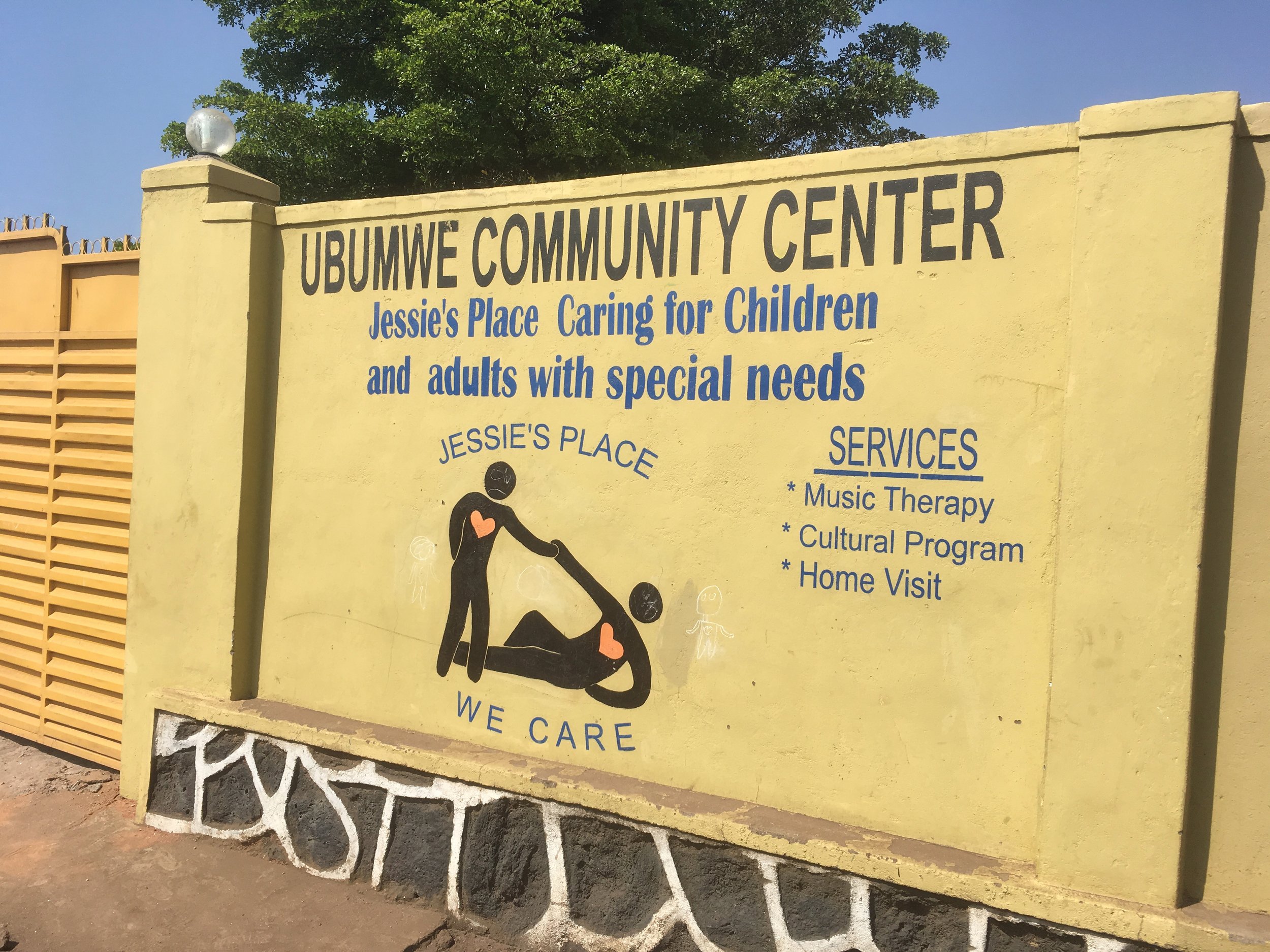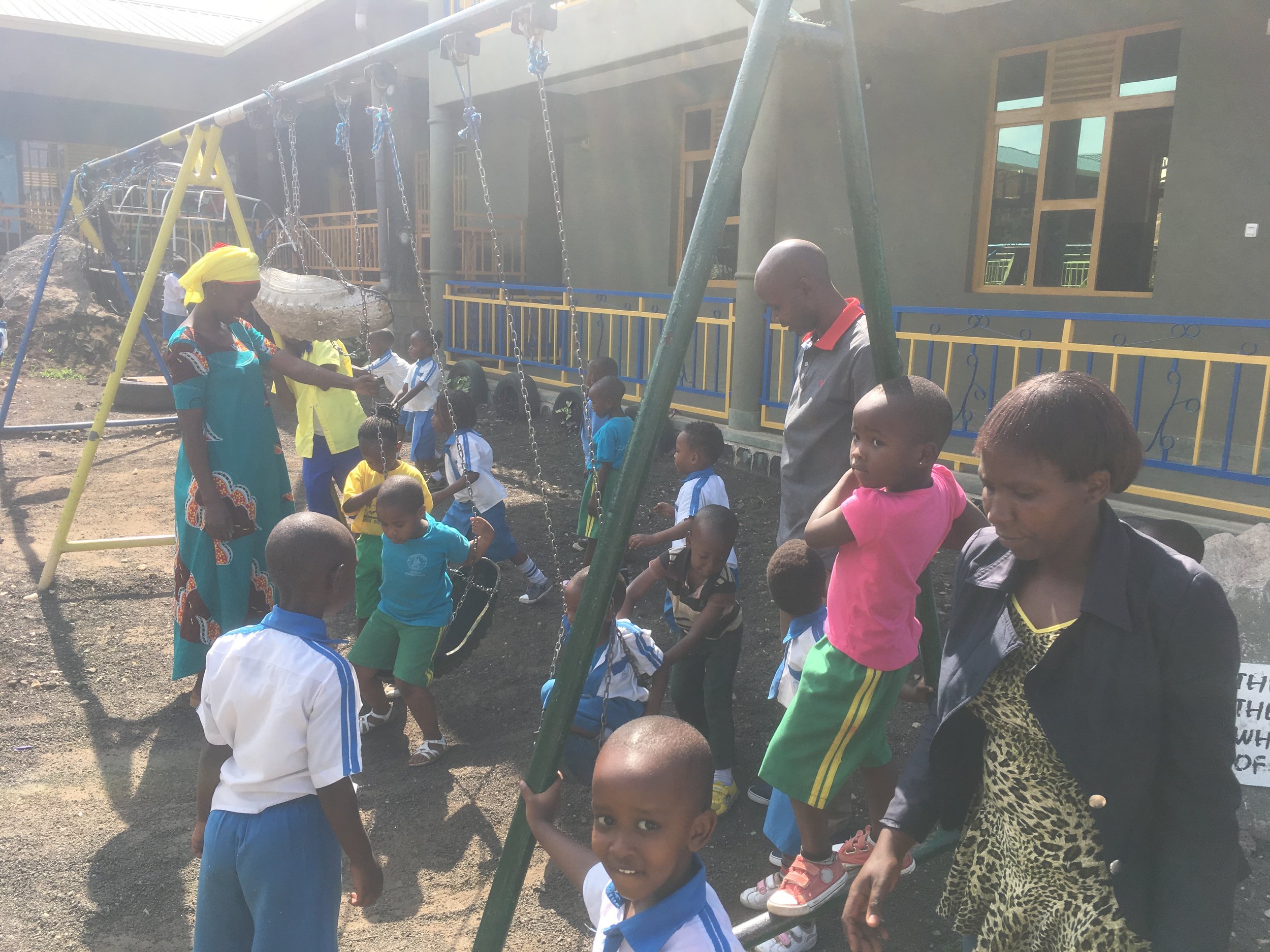Ubumwe
April 26, 2013
Congregation Bnai Brith, Santa Barbara
A woman called in to the NPR talk show “On Point” last week to explain why she loves marathons. She runs, she said, because marathons bring out the best of the human spirit. She runs because of the spectators…who stand cheering alongside the race route, for everyone. Offering fresh orange slices and water, and shouting out “you’re doing great!” to complete strangers. With her voice full of emotion, she said that by attacking the spectators who were there simply to cheer on the runners, the bombings had struck at the core of the human spirit. Striking back, a t-shirt went on sale last week which read “Boston” on the front, and on the back “Nothing is stronger than love.” In the face of cruelty and evil, it helps to speak openly of love. It helps to testify to the strength of the human spirit. To generosity. To orange slices for strangers. To cheers of encouragement. To the human spirit…which seems at times so fragile turns out to be indestructible. “Boston. Nothing is stronger than love.” I’d wear that t-shirt.
Tonight our Shabbat gathering is dedicated to the triumph of the human spirit. To begin, we must tell another story, more brutal, infinitely more brutal than the bombing at the Boston marathon. Our story begins in the tiny country of Rwanda, the lovely “land of a thousand hills,” with a population not much larger than that of Massachusetts, which in 1994 saw 800,000 people murdered, many with machetes, and many hundreds of thousands more mutilated. Our hearts and minds were never made to imagine that scale of evil and of human suffering.
But listen: here is something equally difficult to understand. In the midst of the carnage, an 82-year-old American white woman named Rosamond Carr was evacuated, wearing only her nightdress, and then returned….unbelievably…in August of the same year to establish an orphanage for children of the genocide. She called the place “Imbabazi” meaning “a place where you will receive all the love and care a mother would give.” Our story tonight begins in that place…in Imbabazi.
In 1998 a 16 year old boy came to Imbabazi. Frederic Ndabaramiye who one year earlier had been left to die after the bus he was riding was attacked by rebel militiamen. His fellow passengers were all slaughtered, but Frederic was left alive, just barely, his hands cut off with a machete. Frederic was found and brought to a hospital, where he lay in a coma for months, and then for another year struggling against despair. He attempted to take his own life, and when he found himself still alive, Frederic asked himself “why? Why does God want me in this world?” Frederic emerged from the hospital and came to Imbabazi, “the place where you will receive all the care and love that a mother would give.” There he met Zachary Dusingizimana, a young teacher who Frederic says “taught me to smile again.” At Imbabazi, Frederic learned to live, without hands, but more than ever a complete human being.
Without hands, Frederic learned to put on his clothes, to take a shower, without hands….to paint, to play volleyball, to play guitar! A group of American conservationists from the Columbus Ohio zoo came to Rwanda to study the silver-backed mountain gorillas, but at Imbabazi they met Frederic, and they were captivated. They brought Frederic to America where he was fitted for prosthetic hands. But Zachary and Frederic began to dream together of how much more the human spirit could accomplish. They dreamt of an entire community center in their village of Gisenyi, specifically for people of all ages who were disabled during the violent years. Together with American philanthropist Jessica McCall, and with help from the Columbus Zoo, they raised the money and they built the Ubumwe Center, where over 130 disabled Rwandans every day receive vocational training, literacy training, a meal, and the opportunity to live again.
And then in 2008, the remarkable Santa Barbara Middle School teacher John Siegel Boettner…who is here tonight with his wife Lynn… led a group of students on a bicycle trip through Rwanda. And they met Frederic, and the mysterious power of the human spirit continued to move and reached all the way from Rwanda to Santa Barbara, into our community and tonight we this is how that happened.
One of the students with John in Rwanda was Henry Wilson, also here tonight. Henry is now a senior in High School, but five years ago Henry was a Bar Mitzvah, and he chose to feature Project Rwanda as his Bar Mitzvah service project, and at the same time his mother Rachel was our Social Action Trustee, and at the same time Pam Gunther had recently brought Rwandan survivor Michel Nsengviyuma to our congregation, and had awakened us to the deep and haunting parallels between the Holocaust and the Rwandan Genocide.
Over a cup of coffee at Janine’s, John told me about Frederic…the miracle man with no hands, and his visionary teacher Zachary, and how they had built the Ubumwe Center, and their new dream of a preschool for the children of the village. And John suggested the preposterous idea that we would raise $100,000 to help Zachary and Frederic build that school. I told him it did not seem likely. But never underestimate the power of the human spirit.
Frederic came to Santa Barbara. I met him at Gail and David Teton-Landis’s home, where our team had organized our first fundraiser. I walked into the room and Frederic came over to me, dazzled me with his radiant smile and gathered me up in a bear hug with his arms without hands. Frederic came here to CBB and sat on the floor with the preschoolers, and spoke and laughed and played with them, and he met with our older students, and had them spell-bound. Frederic also spoke at City College, and the Middle school, and at San Marcos High School, and by the time Frederic left Santa Barbara, it no longer seemed possible to say what was likely and what was not.
The following year, Frederic returned, this time with Zachary. The community was responding, but the goal seemed so far off. $100,000 is so much money! But those two young men seemed serenely patient and confident. Everywhere they went, everyone they met was inspired and uplifted by the strength of their spirit. Their gentleness and love. Their intelligence and determination. One step after another. The land was secured. A fence was built. And then suddenly a magnificent donation, from a generous young couple in this community brought us close enough to begin construction. And look what happened then!
In this week’s Torah portion, we encounter one of the most mysterious commandments in the entire Torah: lo t’halelu et shem kodshi, v’nikdashti b’toch Bnei Yisrael, which is usually translated: Do not desecrate My holy name; but Sanctify the name of God. This mitzvah is mysterious because it is not clear what is meant by “the Name of God.” Nor what it would mean to sanctify the Name of God.
Our sages of blessed memory said that Kiddush haShem, sanctifying the Name of God, is doing something which by the simple act itself, causes other people to have faith. Faith in God. Faith in goodness. Faith in the human spirit.
The evil in the world is chilul hashem, desecration of God’s Name. It destroys our faith. But when an 82 year old woman establishes an orphanage in the midst of a war, and two young survivors of ultimate evil meet there and commit their lives to building a center and a school for their ravaged community, and when a gifted teacher takes his students half way around the world and they meet the two young men, and then bring their dream back to their home in California, where a congregation of Jews is moved to open their hearts and minds and wallets to help the dream become a reality, and when suddenly the school opens and is filled with the laughing voices and smiling faces of young people whose world has been restored to peace and wholeness…then this is Kiddush haShem. The name of God has been sanctified in the world. How fortunate we are, that we have merited to see this in our lifetime. Shabbat Shalom.




